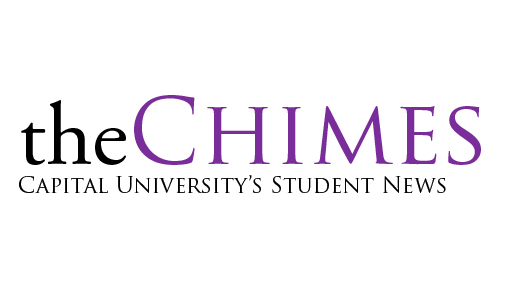by Aaron Butts
As spring break rolls around, students are planning on taking trips all over the place. For some, that place is back home with the parents, but a few lucky students will be traveling outside the United States to Hispaniola and Central America where the term “Polar Vortex” is unheard of.
The office of Student and Community Engagement has organized a trip to the Dominican Republic, not for the sunshine, but to do community service. Deanna Wagner is heading the project.
“We are working with an organization called Outreach 360, which is well-established in the Dominican Republic,” Wagner said. “This will be the fourth consecutive year Capital students have worked with Outreach 360 in the Dominican.”
This trip is unique because it allows any and all students to go.
“The opportunity was open to all students first semester to get involved in the trip and this year seven students are taking advantage of the opportunity,” Wagner said.
The group will be there only a week, but they plan on packing as much into the week as they can.
“We will be gone Feb. 22 – March 1 with both Saturdays being travel days,” Wagner said. “We will work in schools or villages, wherever need is greatest during our time there, to teach English. We are also lucky enough to have our spring break fall over the Dominican Republic’s Independence Day, so we will have the opportunity to experience a holiday there.”
Another Group flying south is led by one of Capital’s professors, Dr. Alan Stam, who said his group will be gone 12 days total, two involve flying to and from Costa Rica.
“The trip will have a tropical ecology academic focus – ecology of the rain forest, dry forest, cloud forest, and the beach,” Stam said. “Monkeys, sloths, parrots, crocodiles, iguanas, all sorts of wonders of the tropics.”
All of this is expected for a biology-related trip, but they will be doing much more than just examining nature.
“We will also visit an indigenous Bribri village of Yorkin to view human life in the rain forest – very different from what we experience at home,” Stam said. “The stay there typically is the highlight of the trip for all of the participants. Of the sixteen students going on the trip, most are biology majors but not all, also business, social work, and psych. The interest in going is the most important thing, as long as everyone is well behaved,” Stam said.
Stam emphasized that the trip to the villages rounds out the experience of the week-and-a-half trip,
“There is something about the human connection that really draws the students into the experience,” Stam said. “While the stated focus of the trip is tropical ecology, the experiences of connecting with members of other cultures, which can help dispel a foreignness of others, along with being put in new circumstances which allow the students to somewhat discover themselves are also very important aspects of the trips. Being in an unfamiliar setting in unfamiliar daily circumstances can provide the students with an opportunity for clarity in self-assessment of their goals and lives.”
For Stam, this focus on culture along with ecology comes from years of experience.
“I have led or co-led over ten short-term international trips while at Capital – Costa Rica, Panama, Nicaragua, Belize, Cuba, Ecuador, and Bahamas have been places that we have visited,” Stam said. “Initially the trips focused on tropical ecology. Over time they have evolved to include cultural components, and in some cases, a cultural focus. Now each trip typically includes a service/learning component. Learning has the greatest impact when it is done outside the classroom in an experiential manner.”
abutts@capital.edu

